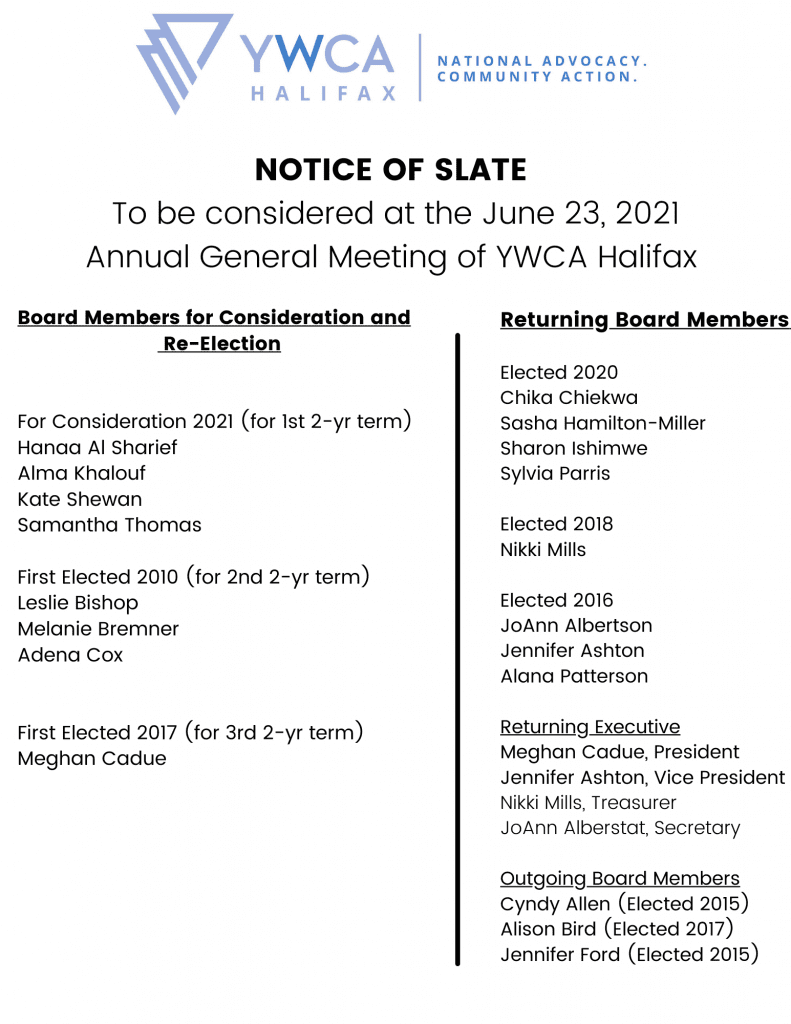What every Nova Scotian needs to know about childcare and COVID19
By Miia Suokonautio, Executive Director, YWCA Halifax & Jewell Mitchell, Executive Director, Nova Scotia College of Early Childhood Education
June 5, 2020
COVID19 has posed serious challenges for Canadians, including the inadequacy of care for those experiencing homelessness, the serious under-resourcing of elder care, the thin profit margins of small independent businesses, and the need for income security broadly writ.
For Nova Scotians caring for and living with young children, the wholesale closure of schools and daycares while prohibiting contact with potential caregivers who are not immediate household members has meant that the full-time care of our province’s children has fallen entirely on parents and guardians. Full-time here doesn’t mean 40 hours per week, by the way, but rather oftentimes grueling 14-hours per day, every day of every week of each month that we are in isolation. Imagine here the lone mother expected to work from home while caring for a 14-month old and a three-year old.
What do we know about the plight of Nova Scotia’s children in general? The Canadian Centre for Policy Alternatives, citing StatsCan data, has noted that one in four Nova Scotian children lives below the poverty line. More than one in three in Cape Breton.
We know also that child poverty is mother poverty, as more than 90% of lone-parent households in receipt of income assistance are mother led. For families earning less than $50,000 per year, net childcare costs account for more than 30% of family income. Often, for low income families, childcare is the single greatest household expense, surpassing even housing costs.
Although we’re apt to be dubious of silver-bullet solutions, childcare is a near perfect one. Quality, accessible childcare has extraordinary, proven benefits: children are better prepared for school, children living in poverty have early access to learning, resources and healthy meals, and children with early indications of diverse needs can be identified and given the support they need to succeed. And, as COVID19 has so glaringly and painfully pointed out, childcare enables mothers and parents to work.
What most Nova Scotians, including parents of children in the thousands of childcare spaces across the province, probably don’t realize is that during this pandemic our province has seemingly stumbled into something truly remarkable. Unlike many of the other provinces, our Nova Scotia Department of Education and Early Childhood Development continued to pay parent fees during the closure of our childcare centres. The early-learning workforce was protected and centres were supported to be ready to re-open when the time came. Childcare subsidies and operating grants continued unabated and, incredibly, lost parent fees were picked up by the Department.
Think about it. For operators, there was no loss in revenue. For the workforce, they kept their jobs. And for families, there were no childcare expenses.
This is, in fact, the very scenario for which childcare advocates have been fighting for decades. We know, unequivocally, that childcare is an integral part of our economy, a keystone to women’s participation in the workforce, and an evidence-based response to supporting the success of all children in our province. Sadly, all orders of government across the country have argued, time and again, that universal childcare is not feasible, not affordable, and just not a realistic possibility.
And yet. COVID19 has taught us otherwise. When resources needed to be found, they were there.
Licensed centres are now partially re-opening June 15th with continued financial support until the fall when, it’s planned, they will be fully operational and classrooms will again be at capacity. But imagine, just what if, parent fees continued to be covered even after the pandemic?
Imagine the life-altering impact this would have on mothers’ participation in the workforce, on household incomes, and on children’s well-being. Perhaps COVID19 has provided the very opportunity Nova Scotian families have needed all along.
As the saying goes, never waste the lessons of a crisis. For too many women, children and families in our province, returning to business as usual would indeed be a terrible waste.
— For more information:
Miia Suokonautio, YWCA Halifax, m.suokonautio@ywcahalifax.com, 902.229.7993
Jewell Mitchell, NS College of Early Childhood Education, jewell.mitchell@nscece.ca, 782.414.3482












